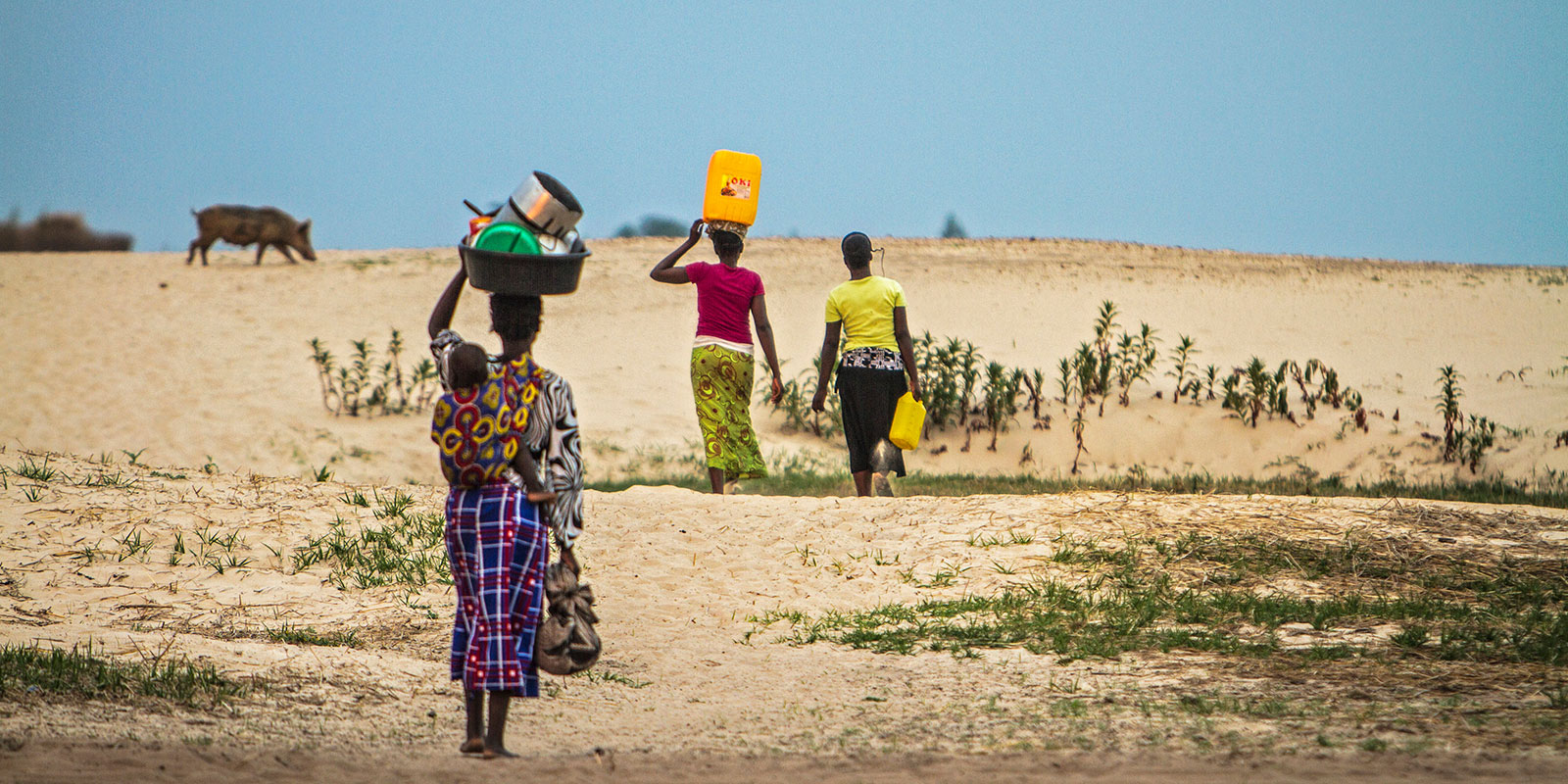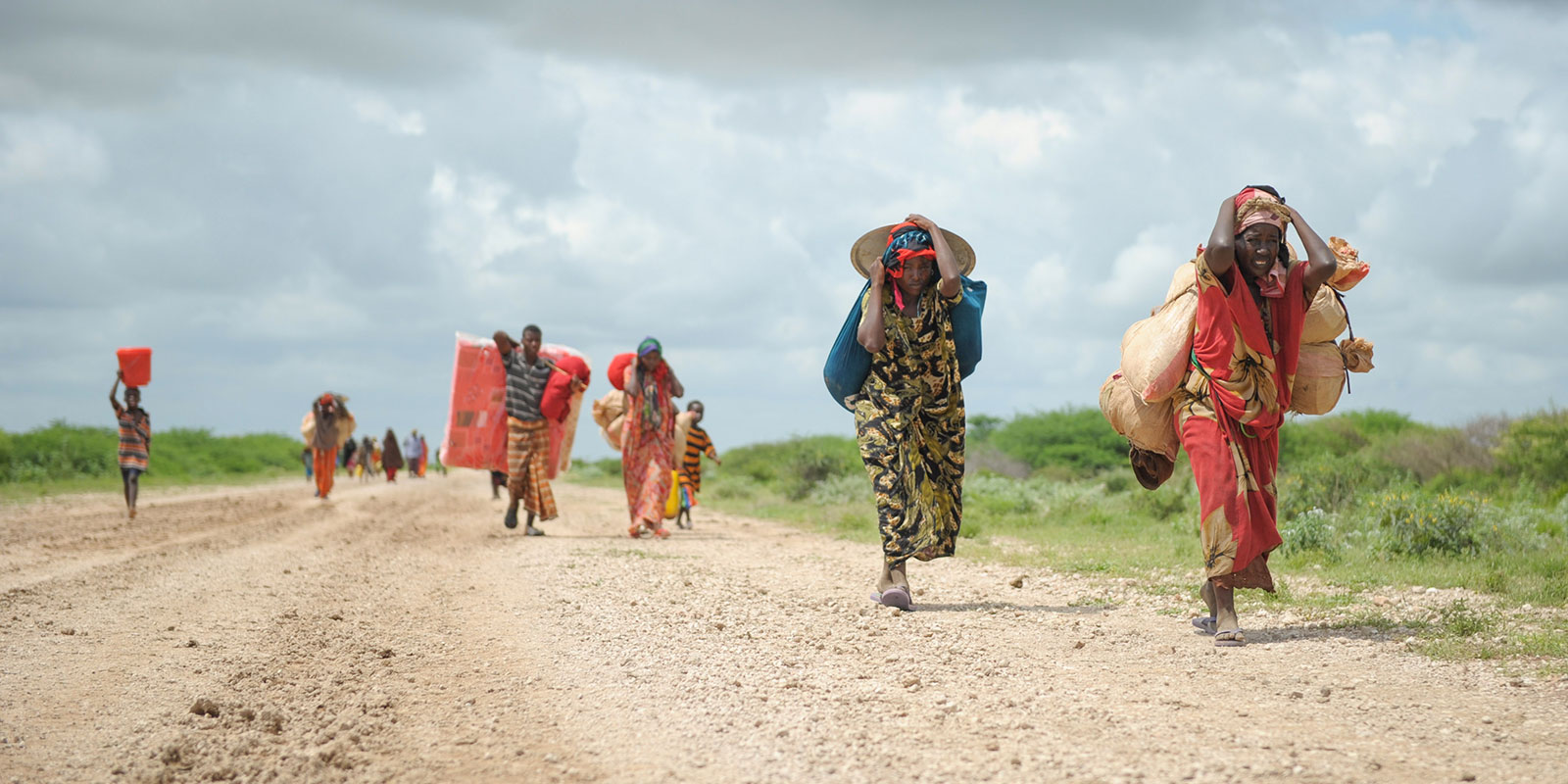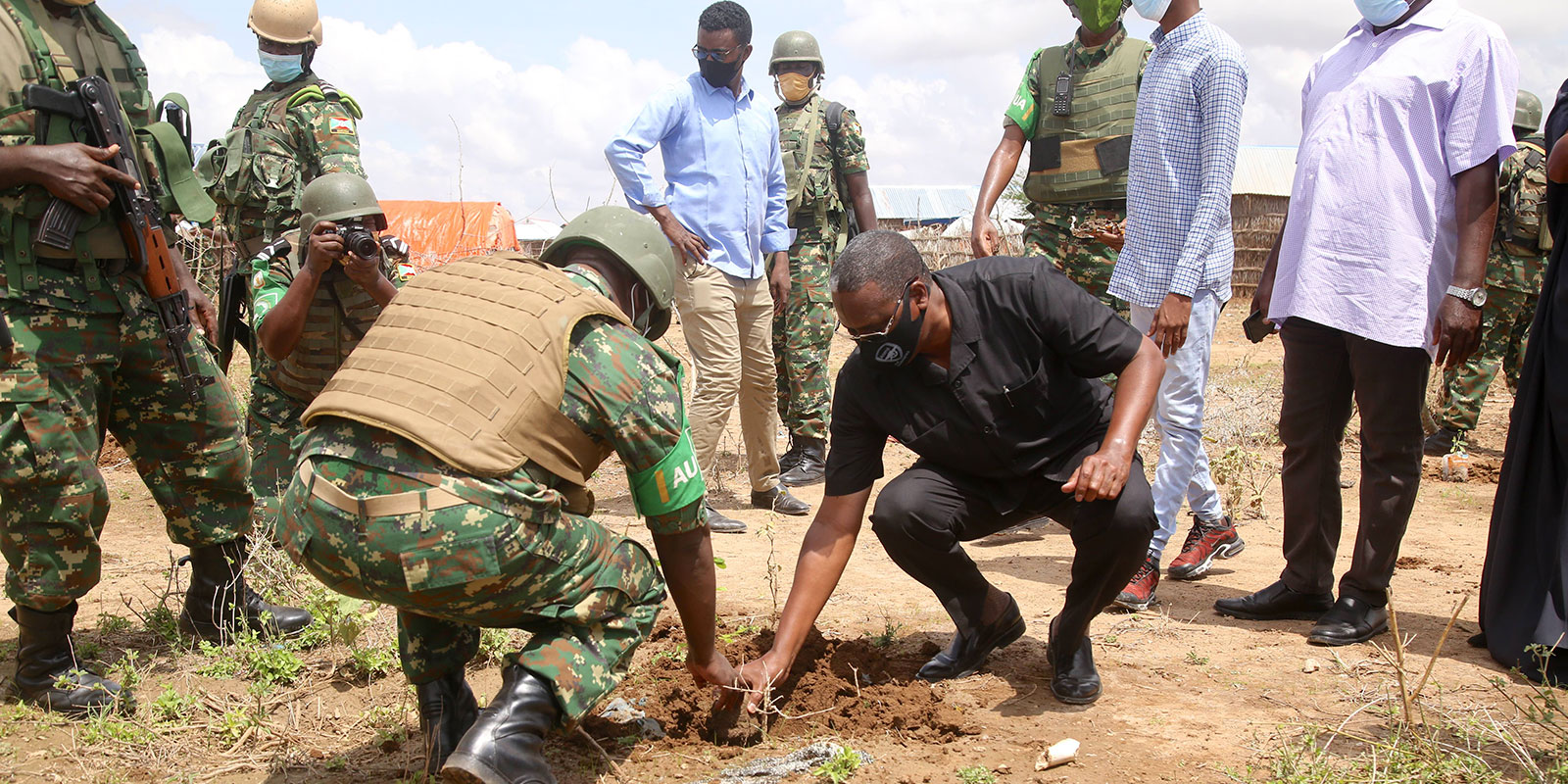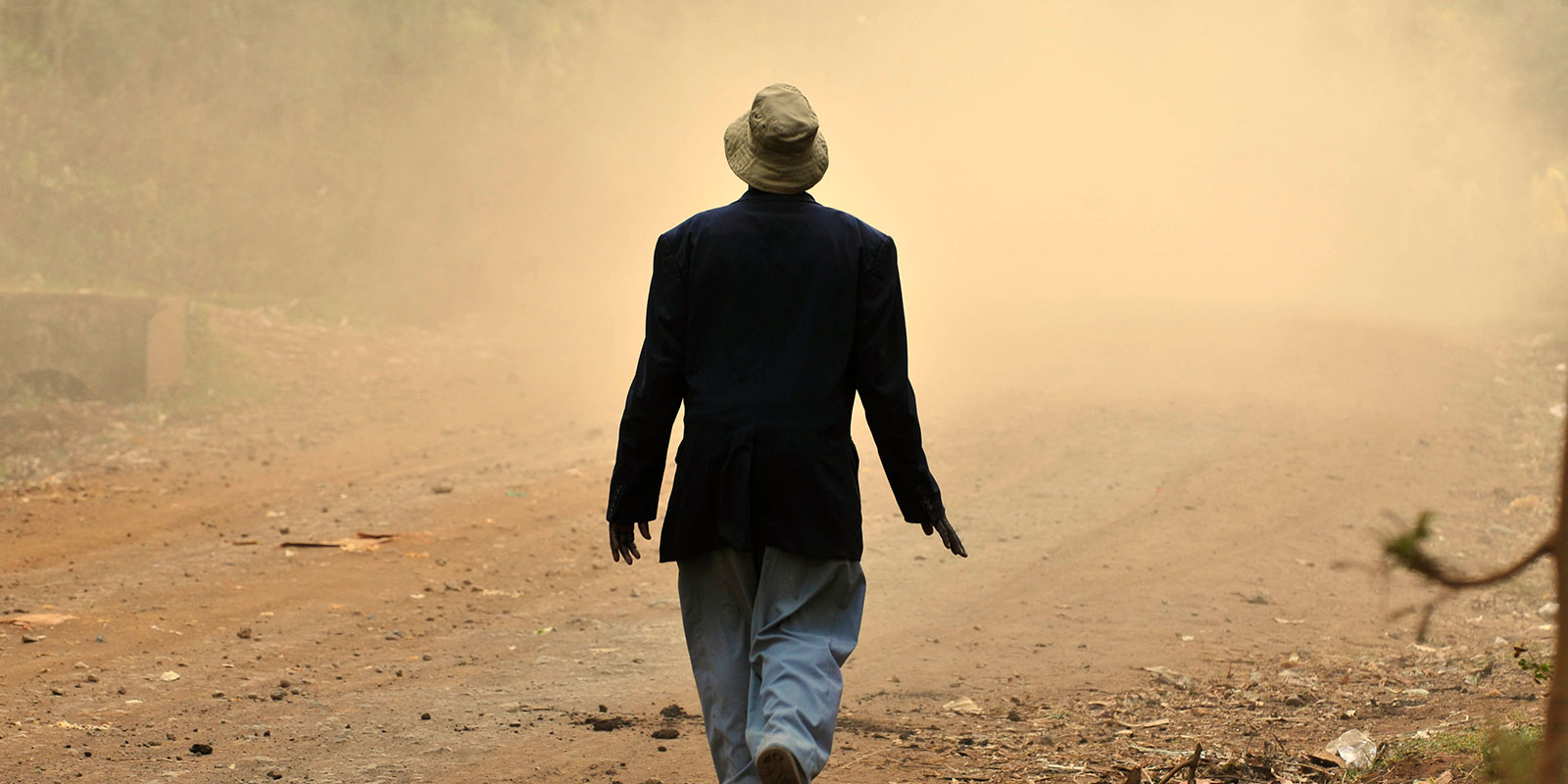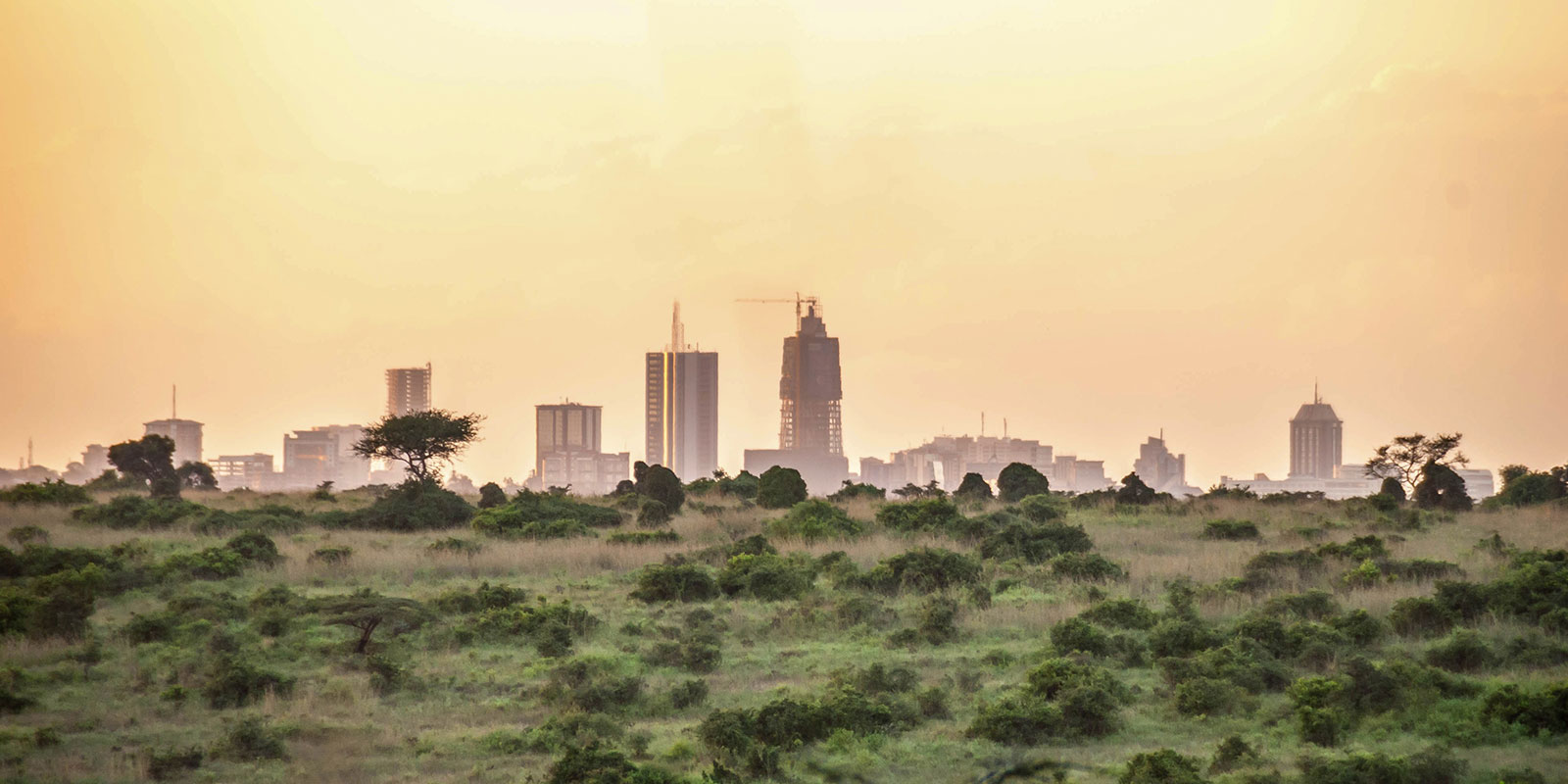In this week’s Monitor the focus is on the First African Union Post-Conflict Reconstruction and Development Awareness Week, that is taking place from 7-13 November 2021. The African Union Post-Conflict Reconstruction and Development (AU-PCRD) Policy, which was adopted in Banjul, The Gambia, in July 2006 by the AU Assembly, is a distillation of provisions from its main legal frameworks on peace and security for mobilising support for Member States engaged in PCRD. The core objective of the PCRD Policy framework is to improve timeliness, effectiveness and coordination of activities in post-conflict countries and to lay the foundation for social justice and sustainable peace.
In the first article Sandra Adong Oder reflects on the AU’s PCRD activities and experiences in the Central African Republic, the Lake Chad region, The Gambia, and Somalia. One of the lessons that have emerged from these experiences is that deliberate efforts to ensure coordination and coherence during the deployment of PCRD initiatives are crucial for effective peacebuilding.
In the second article, Dr. Philip Attuquayefio argues that for conflict-affected areas, COVID-19 interventions can offer a silver lining for sustaining PCRD initiatives. Such interventions can, amongst others, contribute to deepen the social contract and strengthen the public trust.
In the second part of this edition of the Monitor we shift our focus to what Africa needs from, and can contribute to the COP26, which is concluding this week in Glasgow. In our third article, Yero Baldeh and Al Hamdou Dorsouma, who are both with the African Development Bank, reflect on COP26 from an African perspective, and look forward to COP27 that will be hosted by Egypt.
And in our final article, Dr Martin Kimani, Kenya’s Permanent Representative to the United Nations in New York, considers what a successful COP26 would look like for Kenya and Africa.

